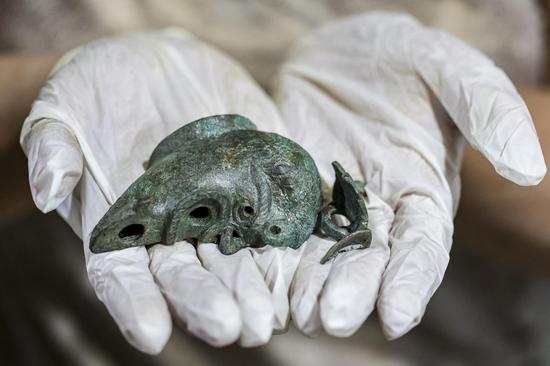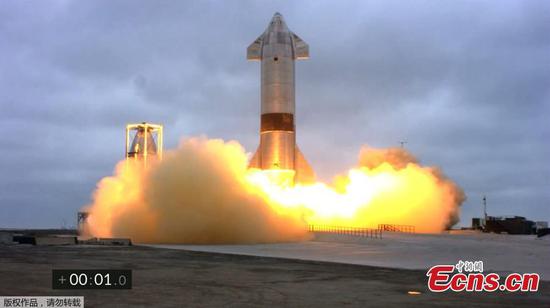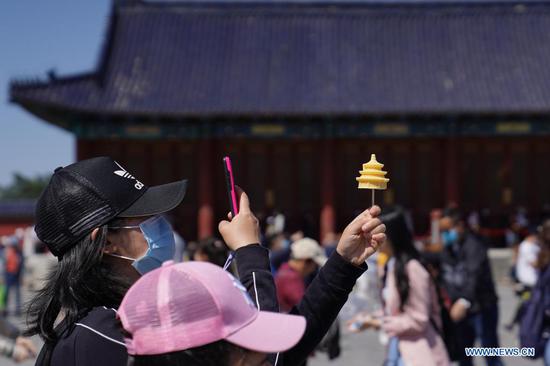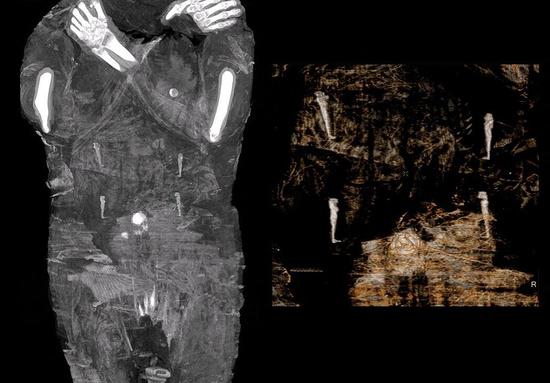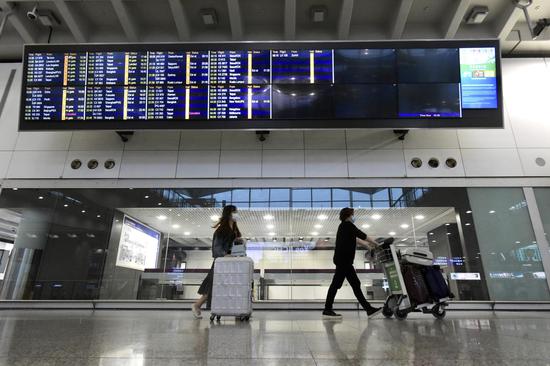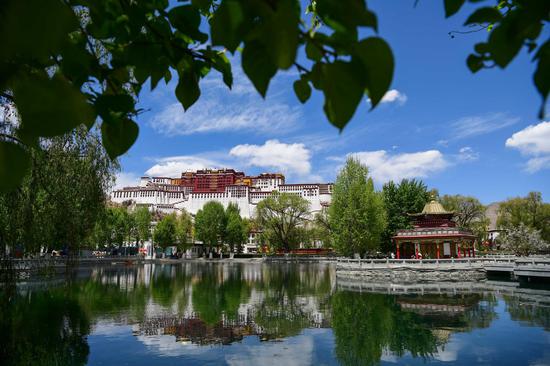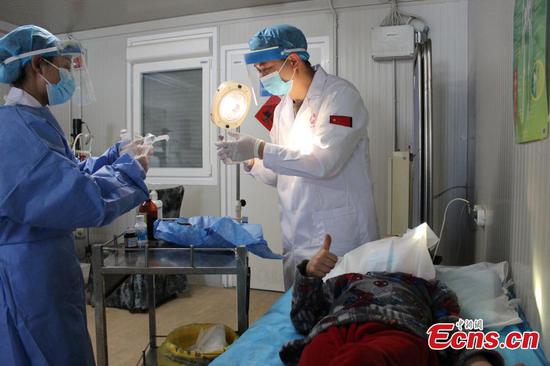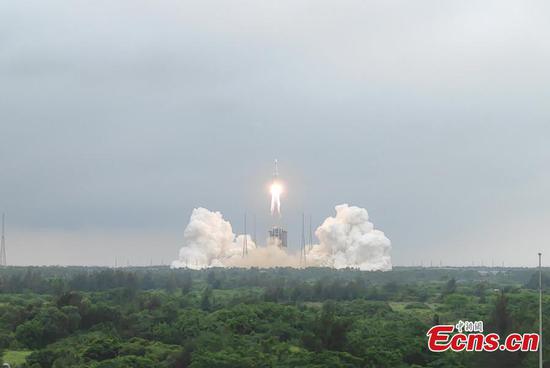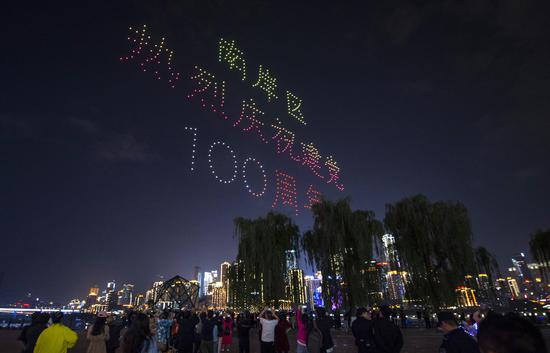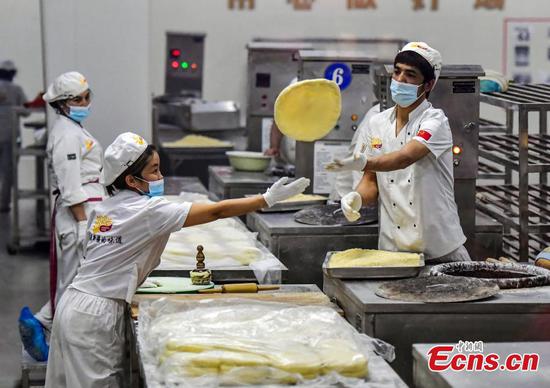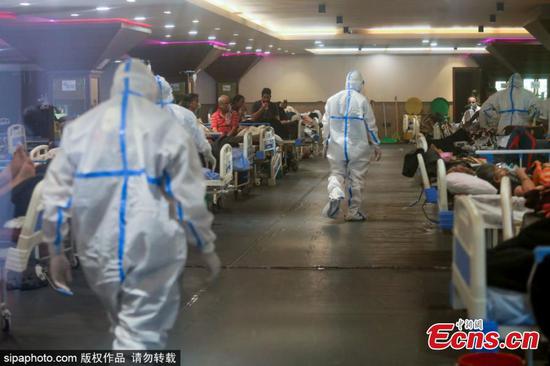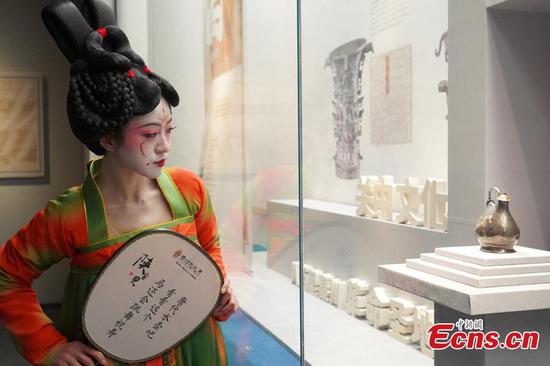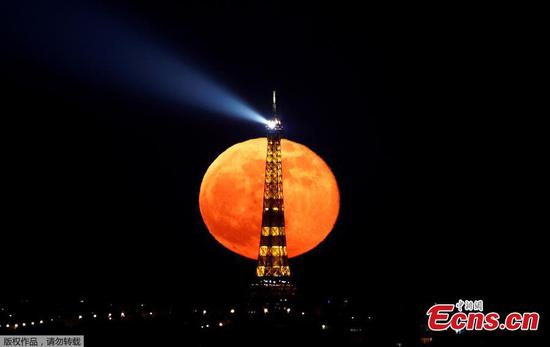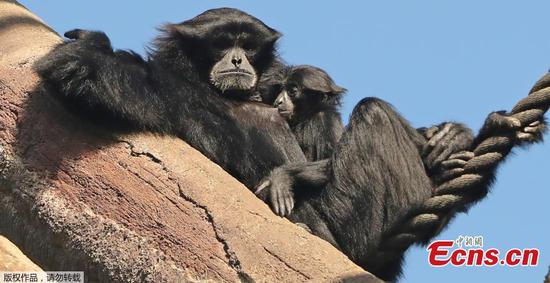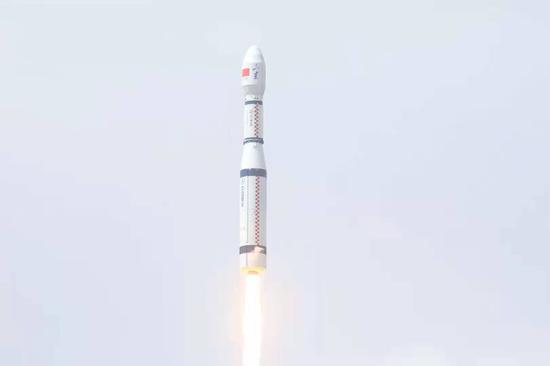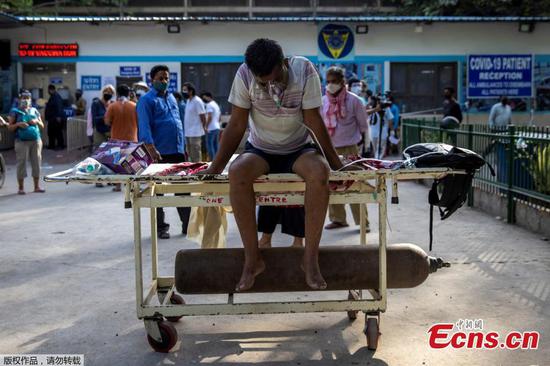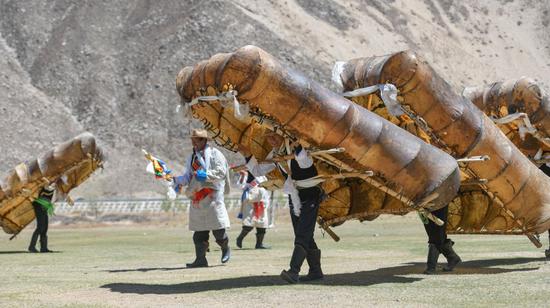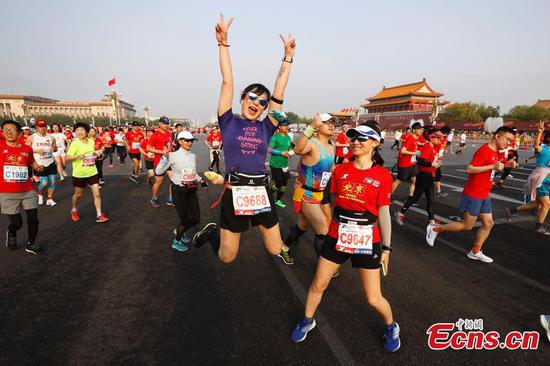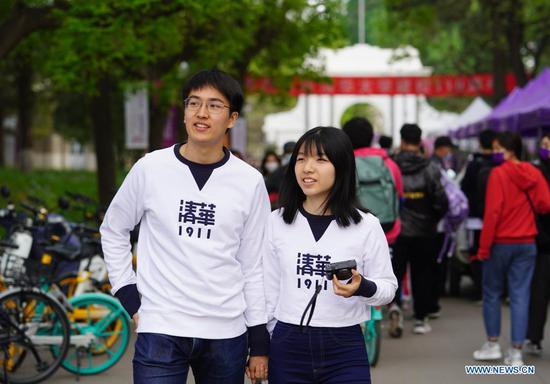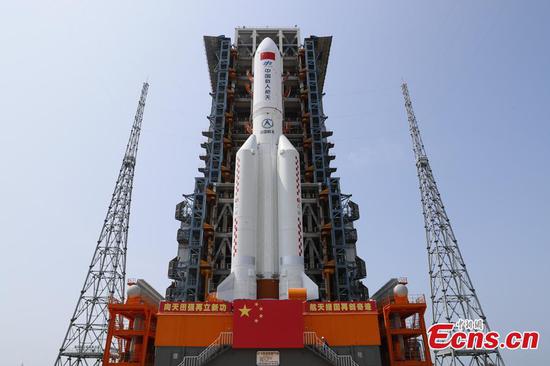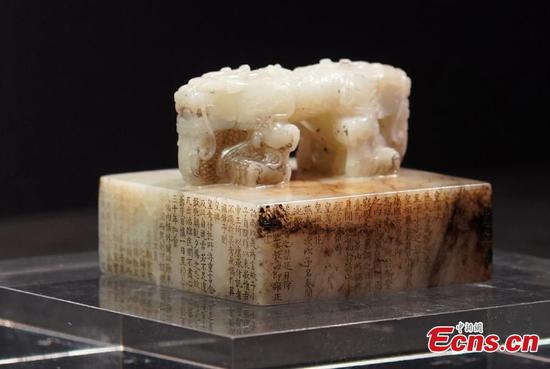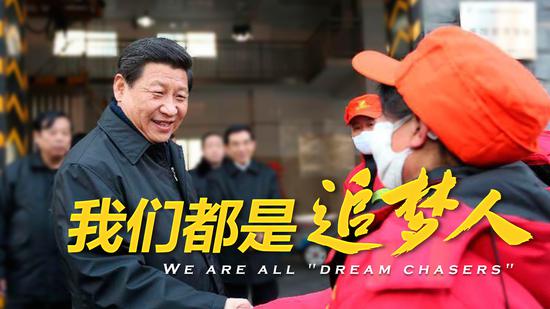U.S. President Joe Biden's plan to back a proposed waiver on intellectual property rights to boost global coronavirus vaccine production is a "monumental moment in the fight against #COVID-19", the head of the World Health Organization (WHO) said Wednesday.
U.S. Trade Representative Katherine Tai announced the government's position Wednesday during World Trade Organization (WTO) talks in Geneva about a possible temporary waiver of its protections that would allow more manufacturers to produce the vaccines.
"The Administration believes strongly in intellectual property protections, but in service of ending this pandemic, supports the waiver of those protections for COVID-19 vaccines," Tai said in a statement.
Biden earlier on Wednesday supported the waiver, which has been pursued by U.S. Democratic lawmakers and more than 100 other countries.
WHO Director-General Tedros Adhanom Ghebreyesus, who has repeatedly urged countries to support the proposal brought by India and South Africa at the WTO, said on Twitter: "The commitment by @POTUS Joe Biden & @USTradeRep @AmbassadorTai to support the waiver of IP protections on vaccines is a powerful example of United States leadership to address global health challenges."
Tai, in an interview with Bloomberg on Wednesday, said, "We are for the waiver at the WTO, we are for what the proponents of the waiver are trying to accomplish, which is better access, more manufacturing capability, more shots in arms."
Tai cautioned that it would take time to reach the required global "consensus" to waive the protections under WTO rules, and U.S. officials said it would not have an immediate effect on the global supply of vaccines.
"In terms of how soon the WTO can deliver — that literally depends on the WTO members, collectively, being able to deliver, and so I am the first one to admit that what we are leaning into is a process that is not going to be easy," she said.
The WTO's General Council took up the issue of a temporary waiver in October. The idea has gained support among some progressive lawmakers in the West. A group of 110 Democratic members of Congress sent Biden a letter last month, calling on him to support the waiver.
The IP waiver faces some opposition.
"In the midst of a deadly pandemic, the Biden administration has taken an unprecedented step that will undermine our global response to the pandemic and compromise safety," said Stephen Ubl, president and CEO of the Pharmaceutical Research and Manufacturers of America. "This decision will sow confusion between public and private partners, further weaken already strained supply chains and foster the proliferation of counterfeit vaccines," he said.
Dr Michelle McMurry-Heath, chief executive of the Biotechnology Innovation Organization trade group, said: "Handing needy countries a recipe book without the ingredients, safeguards and sizable workforce needed will not help people waiting for the vaccine."
House Republicans led by Darrell Issa of California and Jim Jordan of Ohio wrote to Tai arguing that the waiver would do little to improve public health.
"The requested waiver is extraordinarily broad and unnecessary to accomplish the goal of giving as many people as possible access to vaccines and treatments for COVID-19, including in developing countries," they wrote. "Rather, the waiver would undermine the very innovation that has led to the record-breaking rapid development of COVID-19 vaccines already saving lives around the world, and it would not meaningfully improve vaccine availability."
They said logistical and regulatory challenges provide a greater barrier, and even with the recipe, the vaccine is difficult to produce.
WTO Director-General Ngozi Okonjo-Iweala, in remarks posted on the WTO website, said it was "incumbent on us to move quickly to put the revised text on the table, but also to begin and undertake text-based negotiations".
WTO spokesman Keith Rockwell said that a panel on intellectual property was expected to take up the waiver proposal again at a "tentative" meeting later this month, before a formal meeting June 8-9.
The waiver issue has become more pressing with a surge in coronavirus cases in India, the world's second-most populous country and a key producer of vaccines, including one for COVID-19 that relies on technology from Oxford University and pharmaceutical maker AstraZeneca.
Commenting on the waiver proposal, Dr Anthony Fauci, chief White House medical adviser, told politico.com on Wednesday: "I am certainly not against anything that can get doses of vaccine quickly into the arms of people in the developing world. I feel very strongly that we have a moral obligation as a rich nation, to really put our forces in our resources into helping those who would otherwise die because they happen to be in a country that they were born in."
Fauci, director of the National Institute of Allergy and Infectious Diseases, had told MSNBC on Tuesday that he was "really quite agnostic" about the IP issue, explaining, "My only concern is I care about people getting vaccinated. However you do that, go for it and do it now."









